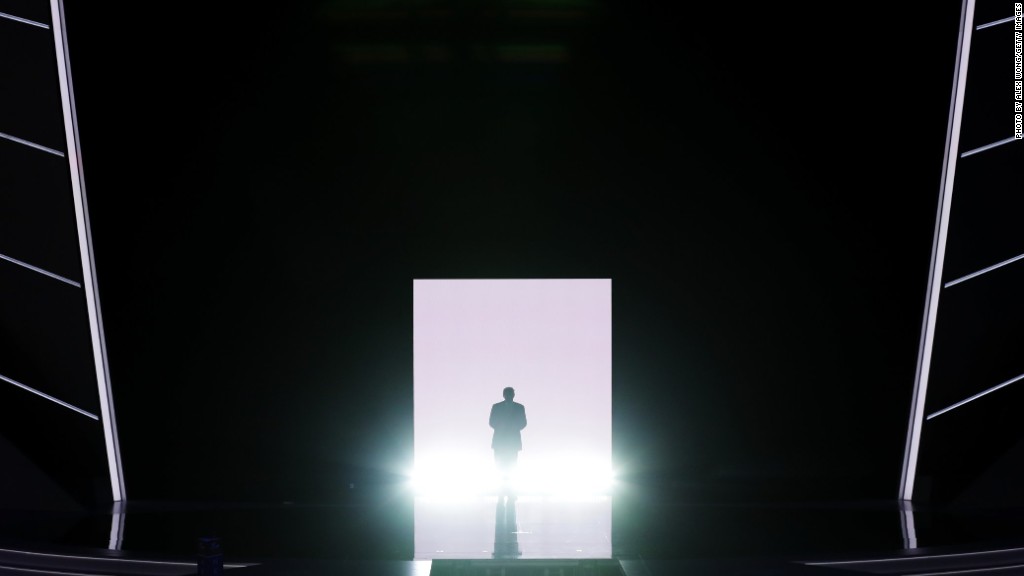
Donald Trump has worn various negative labels throughout his unexpectedly successful presidential bid. But none exhibits the hint of elitism more than when he's dismissed as "a reality star."
The assumption is that reality TV represents a haven for carnival barkers and sideshows. "Honey Boo Boo" and the ubiquitous Kardashians, all part of the same stew.
Sure, we've had actors become politicians -- from Ronald Reagan to Arnold Schwarzenegger (who replaces Trump on "The Apprentice") -- but at least they had to be able to remember lines, as opposed to just play exaggerated, edited versions of themselves.
At the start of this century, closer to the introduction of "Survivor" and "Big Brother" in 2000, this pejorative might have stuck. Now, however, unscripted television has gone mainstream. In today's culture, reality stars are stars, pure and simple.
Magazines like People and US Weekly regularly feature reality personalities on their covers. Movie stars and Britain's royal family remain staples, but they often take a back seat to the Kardashians or "Teen Moms" as royalty in that arena.
The sense that reality TV is undignified, or inherently unsavory, has greatly diminished.
In an age of social media and personal branding, riches and recognition are viewed as an accomplishment, almost without regard to the path to them. "Duck Dynasty" might have started as a joke, but its stars now have a platform, and family member Willie Robertson spoke at the GOP convention Monday, mocking the elite media.
Small wonder that Trump has reportedly chafed at, and been motivated by, being derided by media and political elites, as noted in McKay Coppins' Buzzfeed piece.
Related: Trump says yes to Fox, no to virtually all other TV interviews
Those references to "The Apprentice" are usually glancing, but almost always vaguely disparaging. From the day Trump declared his candidacy, talk of his "reality TV campaign" has been a constant. "The first candidate to employ the tenets of reality TV in a run for president of the United States," said the Boston Globe last summer. "The reality TV star who may become the leader of the free world," a New York Times critic noted. "Do the 2016 presidential elections feel like a reality television show to anyone else?" asked Time.
As the Times recently noted, Trump clearly honed his media savvy -- and chiseled his business image -- via all the primetime exposure he received. Those values found their way into Monday's presentation, not least in his back-lit entrance into the arena.
Still, the incredulity over that -- and sniping on Twitter -- would seem to miss how stardom has become its own form of currency. Just ask Sarah Palin, who followed the same route as Trump, only backwards, dabbling in reality TV after her vice presidential run.
Comparing the Trump-led GOP convention — which already opened with an afternoon of rare tumult on the floor — to reality TV is perhaps inevitable. Yet when Trump talks about winning, as even casual reality TV viewers can explain, it's the outcome, not the journey, which matters.


